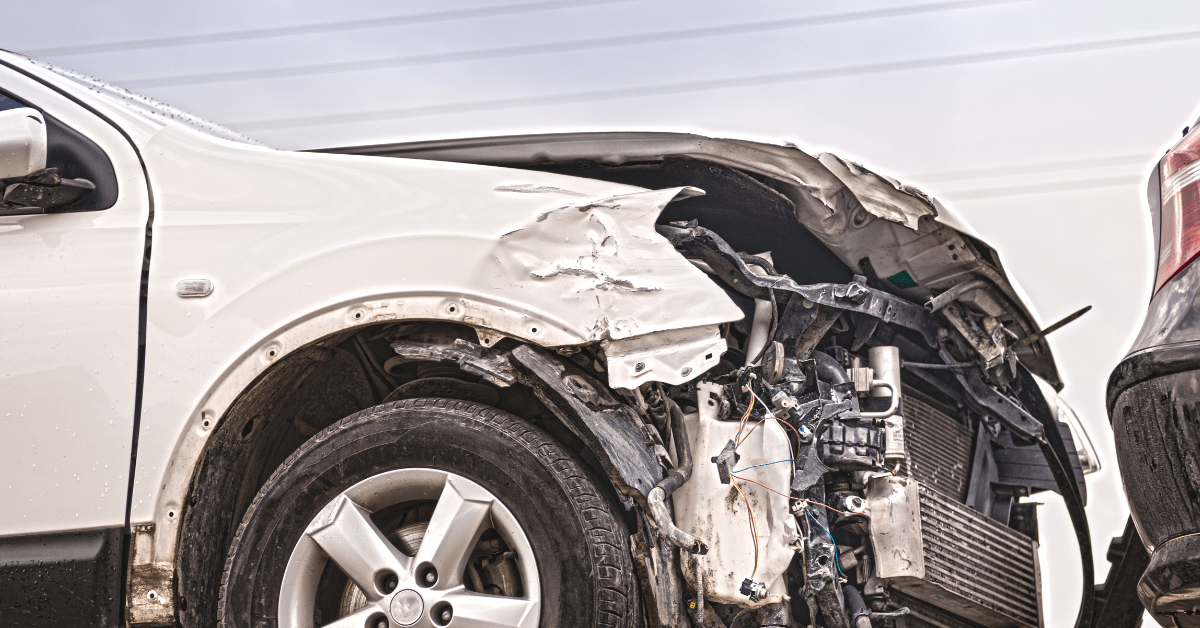How are punitive damages different from your actual damages? Do I need a car accident lawyer to prove punitive damages?
- Punitive damages, sometimes called exemplary damages, are additional damages you can add to your actual damages based on various case qualities. Instead of helping you recover, it punishes the negligent behavior of the at-fault party. It requires extensive review by your lawyer, so they can prove that your case meets the criteria for punitive damages. Then the court will decide if they’ll add it to your actual damages.
- Actual damages, also called compensatory damages, help victims recover from suffering injury or losses. They receive this to compensate for their losses, including bills, lost income, property damage, etc.
What Is The Difference Between These Damages?
Punitive damages differ from actual or compensatory damages by nature:
- Punitive damages punish the at-fault party, which can also serve as an example to discourage similar behavior.
- Actual or Compensatory damages serve to help the plaintiff recover from losses.
It means the court adds on punitive damages if specific conditions are met. These instances require more evidence to prove their necessity in your case. Also, they might not be accounted for if you choose to resolve your case through a financial settlement. Although, your car accident’s financial settlement can reflect punitive damages if your attorney negotiates it into your case.
What Is The Purpose Of Punitive Damages?
Punitive damages have the sole purpose of punishing negligent actions or behavior according to the court’s decision. It can usually happen if the defendant is a large entity in a product liability or medical malpractice case, such as a company or organization. However, the court can also award it in car accident cases if necessary.
The court can also require individuals to pay punitive damages if their negligence or recklessness caused physical harm to someone else. The amount for damages can depend on the following factors:
- At-fault party’s conduct
- At-fault party’s assets
- Severity or amount of harm experienced by the victim/s
- The victim/s actual injuries, which led to the current case
What Is An Example Of Accident Cases with Punitive Damages?
For example, the court can award punitive damages in cases with proof of malice, oppression, or fraud, such as:
- Intentionally driving dangerously (raced at high speeds on public roads)
- Driving while intoxicated or distracted
- Knowingly driving a vehicle with serious mechanical issues
Although, punitive damages require extensive legal research because the court might not award it even if your case meets these conditions. It all boils down to the court’s decision. They’ll add it if they find the at-fault party’s behavior proved to show:
- Recklessness
- Willful disregard for other’s safety
- Gross negligence
You need a skilled car accident attorney to help prove these damages. Learn more about how they can help here.

Punitive Damages in Your Car Accident Case
Your case might not show its potential for punitive damages upfront. Many only see actual or compensatory damages to help victims recover and get back on their feet. Still, any experienced car accident lawyer will put in the effort to help prove any of these types of damages.
However, doing so requires the skill and expertise of a seasoned attorney with years or even decades of experience. You deserve legal help from a lawyer who will stop at nothing to help you get compensation that genuinely reflects your accident and injuries.
Hiring a car accident lawyer can increase your chances of receiving the compensation you deserve. Most importantly, you don’t have to endure these hard times alone.
Our car accident attorneys here at Jacoby and Meyers can also help you:
- Prove negligence
- Define the Cost of Damages
- Build a strong claim
- Negotiate a Settlement
- Proceed with important deadlines in mind
Give us a call today at 888-960-0480 for a free consultation. We are available 24 hours a day, 7 days a week, to help you.
Call or text 888-522-6291 or complete a Free Case Evaluation form







